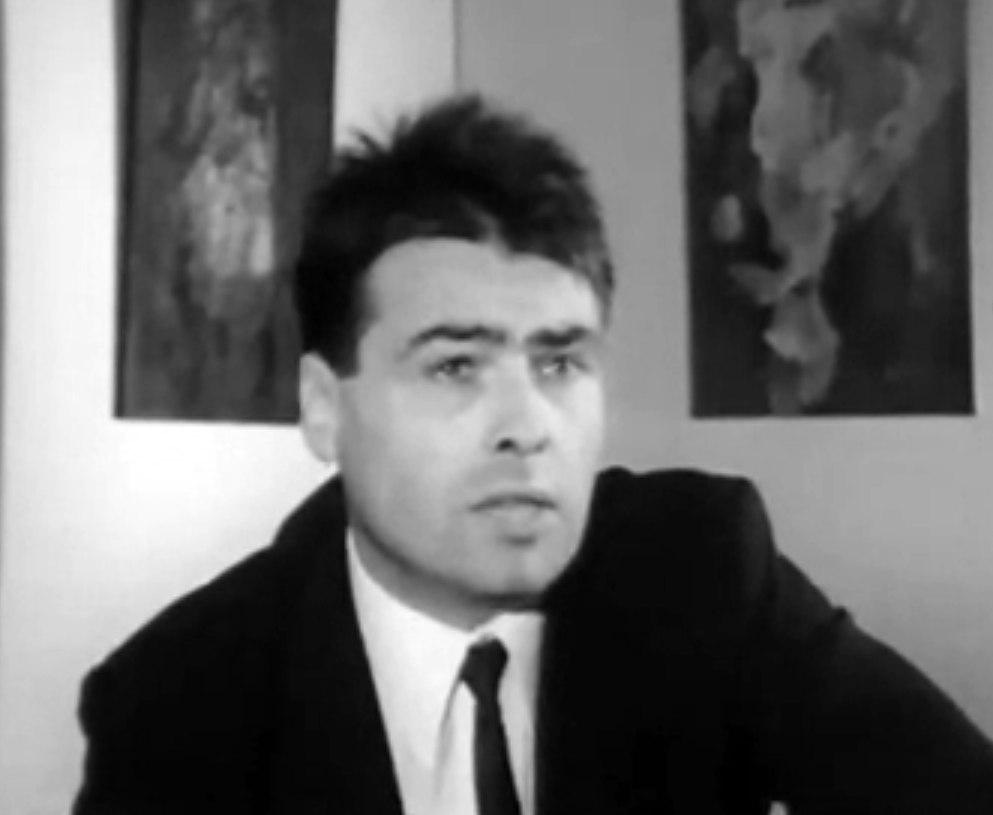(2001), "The Intellectual Class Struggle," New York Times, Jan. 6, 2001
Pierre Bourdieu: Citáty v angličtine

“Practice has a logic which is not that of the logician.”
(1990), The Logic of Practice. p. 86
“Male domination is so rooted in our collective unconscious that we no longer even see it.”
(1998), " On male domination http://mondediplo.com/1998/10/10bourdieu" Le Monde Diplomatique, Oct. 10, 1998
Zdroj: Equisse d'une Théorie de la Pratique (1977), p. 164; as cited in: Jan E. M. Houben (1996) Ideology and Status of Sanskrit, p. 190
Zdroj: Equisse d'une Théorie de la Pratique (1977), p. 188
Zdroj: Equisse d'une Théorie de la Pratique (1977), p. 91
(1990), In Other Words p. 60
(2000), La Sociologie est un sport de combat; cited in: John Horne, Wolfram Manzenreiter (2004), Football Goes East. p. xii
“If the sociologist has a role, it is probably more to furnish weapons than to give lessons.”
talk at the Conference of the AFEF, Limoges, October 30, 1977
(1998: 18); as cited in: Helen Kelly-Holmes (2001) Minority Language Broadcasting: Breton and Irish. p. 8
Distinction: A Social Critique of the Judgment of Taste (1973), p. 84
Gillian Tett " Eliminate financial double-think http://www.ft.com/intl/cms/s/0/96810a0e-8d8f-11de-93df-00144feabdc0.html#axzz2TVG2oiL2" Financial Times, August 20, 2009
